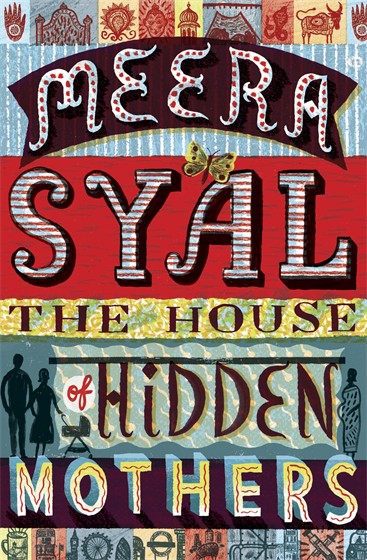As editor of The Asian Writer, I’ve written before about whether Asian writers are outsiders looking in, ranted about the dynamics of writing British Asian fiction, and that Asian writers struggle to shake off cultural stereotypes. So, I was thrilled to be invited to join a panel discussion on ‘The Page is White? The publishing industry and Black and Asian writers’ across two sessions – one at the Bread & Roses Festival and the other at States of Independence. This is a round-up of those sessions and some after thoughts on the subject.
First of all, I’d like Ross Bradshaw, from Five Leaves for the invitation. It’s rare to see these discussions being given space to happen regionally, or at all. During both events, we simply ran out of time – there was too much to discuss and everyone who attended had a personal story to share which was not only heart-warming but also utterly depressing.
I’ve always believed that as writers it’s important to share experiences, to know that what we’re going through isn’t a unique experience. I think it’s even more important, when you’re from a background that isn’t necessarily supportive of your writing career, and when your voice isn’t represented by the mainstream. It’s easy to fall into the trap of thinking you’re the only one.
What I’ve learnt:
- Black and Asian writers on the whole feel invisible and ignored – their voices, their writing, their perspective and experiences are dismissed as ‘niche’ and their work is under more scrutiny and questioned for its ‘authenticity’
- Writers find it frustrating to navigate this ‘I have to explain myself. I have to explain what a ladoo is’
- As a direct result, many feel that they need to write a certain type of fiction in order to be accepted on the same terms as other writers or to be understood. They then only write or submit work which they believe will be ‘accepted’. This type of self-censorship only perpetuates the problem – i.e. only certain types of writing are submitted and therefore published
- Black and Asian writers feel that the door to opportunities is closed. There are few places for writers to air their frustrations when they are told the same thing over i.e. that there is no market for their work
- Those with more experience, accept that in order to be published they have to conform but are more reluctant to do so, ‘To get where I want to be, I’ll have to kiss ass’ and therefore are resigned to the fact that they may never be read widely and would rather produce work on their own terms ‘No one can tell me what to write, I’ll write what I want’
- There is genuine talent out there that is being hindered as well as ignored. Black and Asian writers feel like they have to be exceptional to get ahead, when mediocrity gets picked up elsewhere
- Diverse communities need to do more to encourage the arts as viable professions, and also support their own by buying their books, or attending literary events and book signings
- This action might help shift power
- There is lots of scope for publishers to support and encourage Black and Asian writers – including providing platforms to showcase their work, going beyond calls for submissions and actively championing voices from diverse communities for example, through mentoring, and providing financial support to develop work in progress
Further reading
Essays
- Not a British Subject: Race and Poetry in the UK
- Why Am I Brown? South Asian Fiction and Pandering to Western Audiences
Reports
- Writing the Future: Black and Asian Writers and Publishers in UK Market Place
- Where is the diversity in Publishing? The 2015 baseline survey results
News
- Publishing industry is overwhelmingly white and female, US study finds
- ‘Where are the brown people?’: authors slam lack of diversity in UK publishing
- Writers demand trade action on diversity
- Diversity debates focus on ‘unconscious bias’ in publishing
- The Beauty of Belonging? Diversity in UK Publishing


